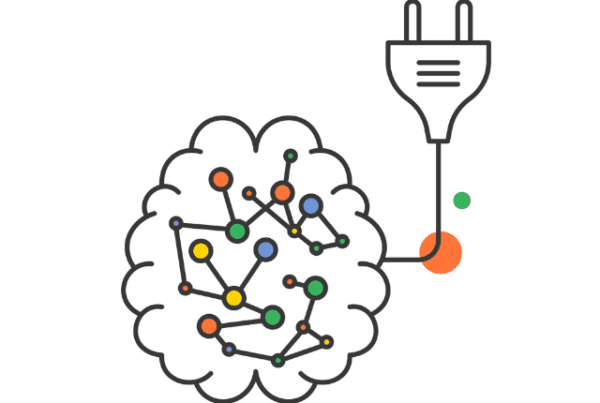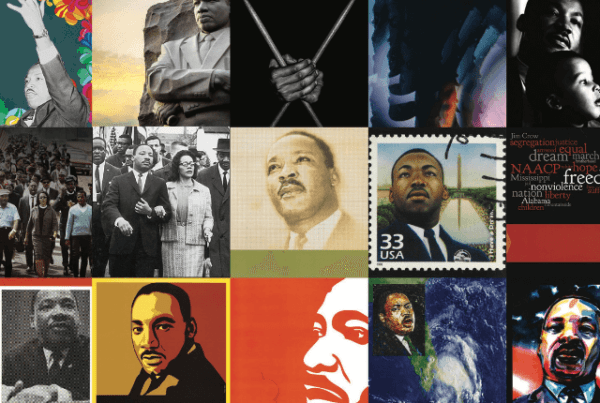Last summer, Sam Sharar, MD, and a group of physicians and scientists from various institutions received a once-in-a-lifetime invitation: morning tea with the Dalai Lama.
Together, they would examine “the existence of scientific evidence that supports the Buddhist beliefs of compassion, altruism, consciousness and reincarnation.” The group sat for two hours in the Dalai Lama’s home in Dharamshala, India, and discussed ways modern medicine and science may validate these long-revered principles.
“The Dalai Lama, for many years, has described himself as half Buddhist and half scientist,” says Sharar, the vice chair for faculty affairs and development in the Department of Anesthesiology and Pain Medicine at the UW School of Medicine. “He is constantly looking for scientific evidence that either supports Buddhist tenets, like reincarnation and the passing on of consciousness, or scientific evidence to refute them.”
The guests included five scientists and two physicians. Together, they discussed Sharar’s international volunteer efforts to improve medical treatment for burn victims, as well as the group’s ongoing research into human consciousness.
Acknowledging altruism
For the past decade, Sharar has volunteered with Mission Plasticos, a nonprofit organization founded by fellow morning tea group attendee Larry Nichter, MD, FACS, FAAP. The volunteers provide clinical care to burn victims in underserved communities and teach local doctors how to better deliver burn care. Those efforts caught the Dalai Lama’s eye.
“We asked the Dalai Lama what’s more important in Buddhist philosophy: altruism or compassion,” Sharar says. “He said, by far, altruism is the more important of the two because altruism is compassion in action.”
Sharar’s work with Mission Plasticos exemplifies altruism. He and a few other colleagues from Harborview Medical Center volunteer with Mission Plasticos at the Nepal Cleft and Burn Center, Kathmandu’s only dedicated burn center. They go during the winter when the Nepal Cleft and Burn Center is busiest, working 12-hour days for up to two weeks. The group includes five to 12 people with specialties in surgery, anesthesia, nutrition, physical and occupational therapy, bioengineering, critical care and nursing. They treat injuries, teach local providers about pain management, critical care and surgical therapies, and repair malfunctioning equipment.
“It’s really rewarding to see the evolution of these local physicians as they learn,” Sharar says. “They become more interested in their specialty and more aware of ways to apply their limited resources to improve patient care. They also see our evolution as we learn novel techniques from them.”
The science of human consciousness
In addition to the conversation around Sharar’s volunteer work, the group at the Dalai Lama’s home discussed various areas of research that could support the Buddhist tenets of consciousness and reincarnation. Over milk tea and Oreo cookies with pink frosting, they shared their findings and perceptions of how their work may connect to Buddhist philosophy.
“Every scientist acknowledged reincarnation as a strongly held Buddhist belief that our science is not very good at supporting,” Sharar says. “However, some of our science says these beliefs may be worth exploring. Maybe there is something there, and we’re just not intelligent enough to know what it is yet.”
During their lunch, the group discussed research areas related to human consciousness and reincarnation, including:
- Near-death experiences – For more than 30 years, neurophysicist and retired senior lecturer from King’s College in London Peter Fenwick, PhD, has studied near-death experiences in more than 300 people. He discussed the similarities in their experiences — a tunnel, a white light and flashes of previous memories — and expressed his belief in a separation between the sensory consciousness people have while awake and the consciousness they experience as they approach death.
- Out-of-body experiences – Neurologist Olaf Blanke, MD, PhD, founding director of the Center for Neuroprosthetics in Geneva, has researched out-of-body experiences with people with Parkinson’s disease. They report frequently seeing or hearing the presence of someone who isn’t there. Using functional MRI scans (fMRI), Blanke has captured evidence of distinct neuro-anatomic brain signatures that appear in these individuals during these episodes. Those signs indicate something happens in the brain during those experiences.
- Complementary and alternative medicine – Family physician and former director of the National Institutes of Health Office of Alternative Medicine Wayne Jonas, MD, shared data that shows complementary therapies, such as mindfulness, hypnosis and distraction, can help reduce acute and chronic pain. Sharar’s own research, using fMRI scans and virtual reality, has also revealed that these techniques reduce pain.
- Permanent connections – Quantum physicist and professor at the University of Cambridge Adrian Kent, PhD, explained the idea of quantum entanglement. According to this theory, once two subatomic particles touch, they will always be connected and will always move in opposite ways. For example, if electrons touch and separate, one will move clockwise and the other counterclockwise. It’s a theory that mirrors the connection Buddhists believe exists through reincarnation.
Although this research does not concretely support Buddhist tenets, Sharar says that the Dalai Lama was enthusiastic about how this work may impact other investigations.
“From our conversation, the Dalai Lama was very excited to hear about possible lines of research that potentially support reincarnation,” he says. “His Holiness was very much looking forward to future research in these areas in the hopes of discovering additional information supporting his Buddhist beliefs.”
Greater global experiences
Meeting with the Dalai Lama is one of many extraordinary opportunities Sharar has enjoyed through his work at UW Medicine. Through the UW School of Medicine Departments of, Family Medicine and Surgery, he and other faculty can collaborate with healthcare providers across the globe on clinical and educational efforts. He says these rewarding experiences can lead to lifelong friendships and more informed medical practices.
Although the conversation with the Dalai Lama won’t directly change his practice, Sharar says he hopes it will help him place more emphasis on compassion in his life.
“Compassion and altruism are very important. Treating our colleagues, our families and our patients with an open heart is a winning philosophy,” he says. “If I were to take anything away from our meeting, it is that I’m hoping this experience will make me a more generous, more accepting and more understanding person than I have been in the past.”
Editor’s note: Any information or opinions shared in this article are personal views, and do not represent those of the University of Washington or UW Medicine in any way, shape or form.


